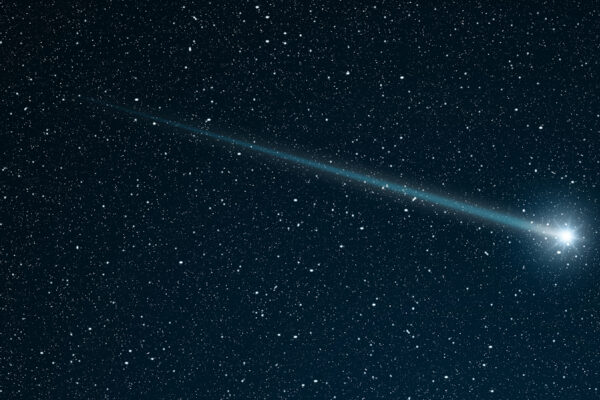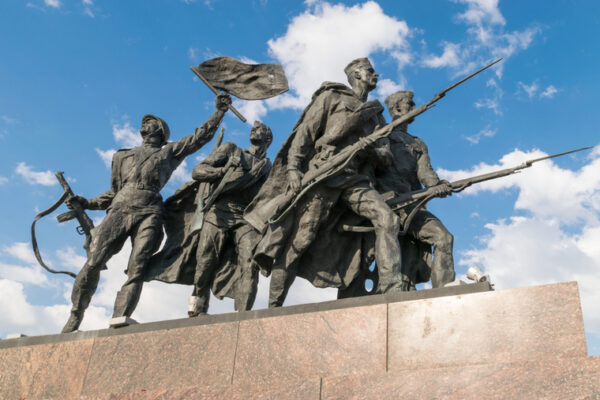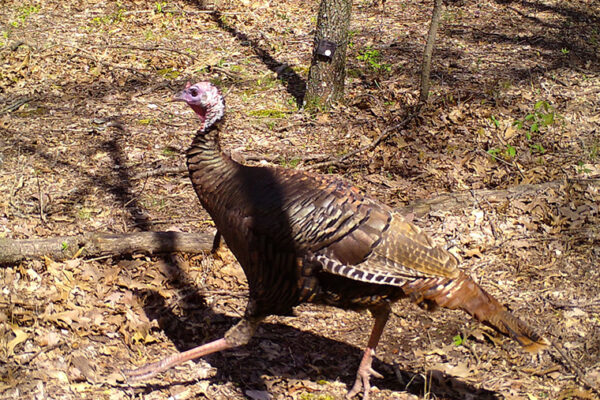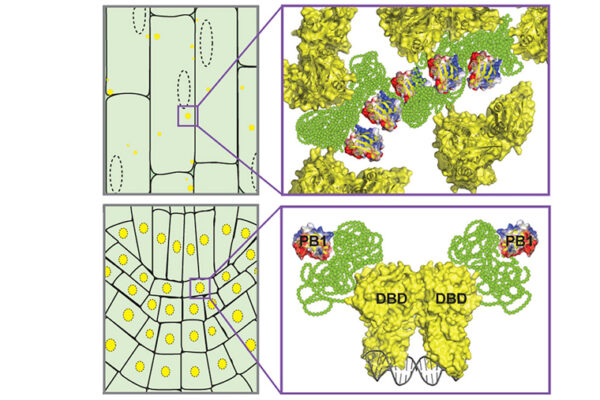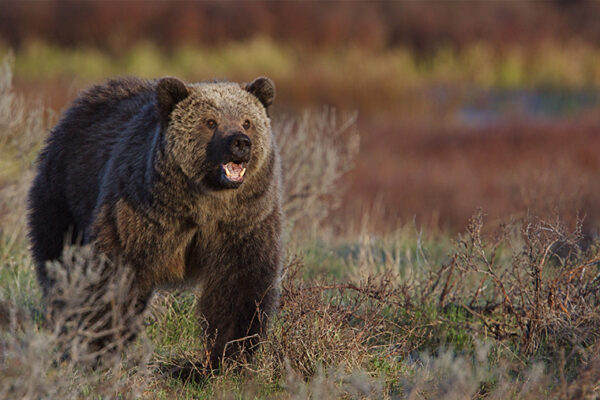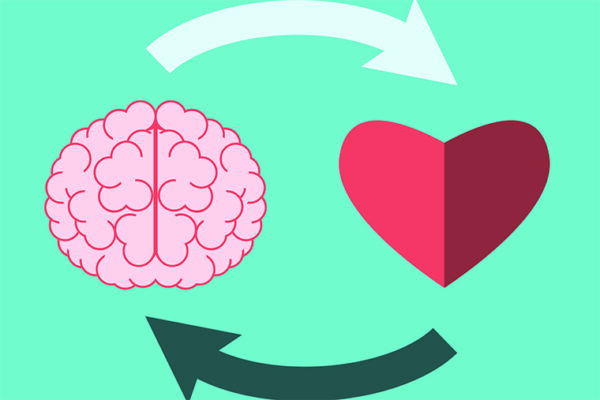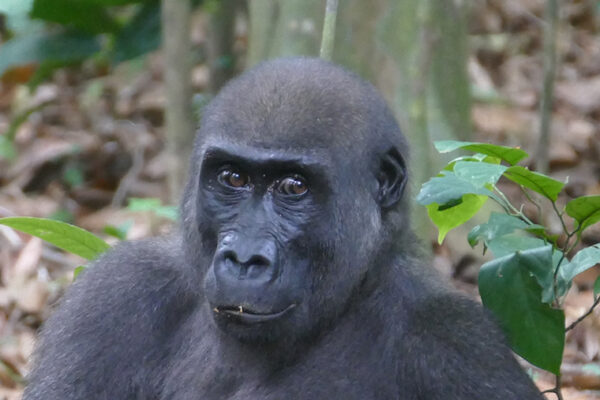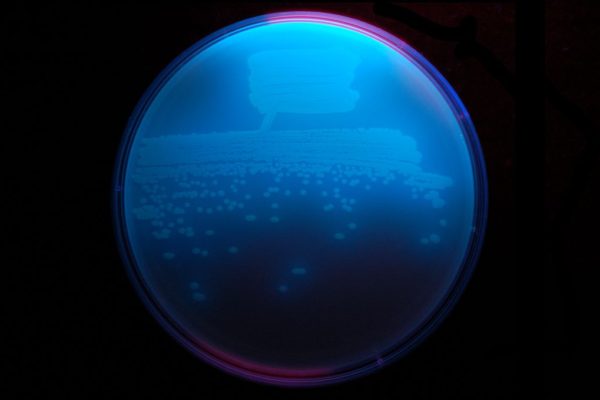Understanding the connection between tektites and the moon
Arts & Sciences researcher Kun Wang studies the melted rock that cools into tektites after a meteorite strikes Earth to gain insights into the giant impact event that formed the moon. His latest research was published Aug. 15 in the journal Geochimica et Cosmochimica Acta.
National narcissism rears its head in study of WWII
In a survey of adults from the countries that comprised the World War II alliances known as the Allies and the Axis, respondents overestimate the importance of their country to the war effort. A new Arts & Sciences study shows how.
Caught on camera
Researchers from the Tyson Research Center at Washington University in St. Louis and St. Louis College of Pharmacy have set up 34 motion-activated cameras to capture images of wildlife in area parks and green spaces. Students and volunteers help identify the species in an effort promote local biodiversity and improve the coexistence of humans and wildlife.
Sticky proteins help plants know when — and where — to grow
When it comes to plant growth and development, one hormone is responsible for it all: auxin. New Washington University in St. Louis research has uncovered a mechanism by which it can affect a plant in a myriad of ways.
International collaboration leads to cellular mechanobiology discovery
Shumeng Jiang, a doctoral student in mechanical engineering in the McKelvey School of Engineering at Washington University in St. Louis, was part of a team that uncovered previously unknown cell behaviors.
WashU Expert: Proposed changes will stamp out ‘countless species’
The Trump Administration’s proposed overhaul of the landmark Endangered Species Act will “hasten the extinction of countless species,” says Jonathan Losos, director of the Living Earth Collaborative at Washington University in St. Louis and an international biodiversity expert.
Which city is most polluted? No one knows
Of all the reasons why researchers would prefer more robust monitoring of pollutants in the atmosphere, one stands out: Having this basic information is an indication of progress in the realm of environmental science. A McKelvey School of Engineering scientist outlines the extent of the gap between what researchers know and don’t know.
Rethinking seizures associated with cardiac disease
Research from Washington University in St. Louis finds that mutations of a gene implicated in long QT syndrome in humans may trigger seizures because of their direct effects on certain classes of neurons in the brain — independent from what the genetic mutations do to heart function. The new work from Arts & Sciences was conducted with fruit flies and is published August 8 in PLOS Genetics.
Sometimes you feel like a nut
A long-term study of western gorillas in Gabon has revealed an unexpected behavior: they use their teeth to crack open and eat nuts. New research by Adam van Casteren, lecturer in biological anthropology in Arts & Sciences, may have important implications for the way researchers predict the diet of human ancestors based on the shape of their teeth.
First pictures of enzyme that drives new class of antibiotics
Researchers from Arts & Sciences have solved the X-ray crystal structure of the enzyme that makes obafluorin — a broad spectrum antibiotic agent made by a fluorescent strain of soil bacteria. This new class of antibiotics might provide a powerful antidote to the growing scourge of antibiotic resistance.
Older Stories
